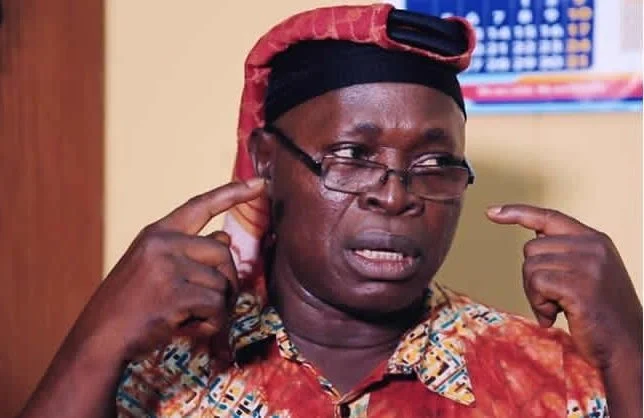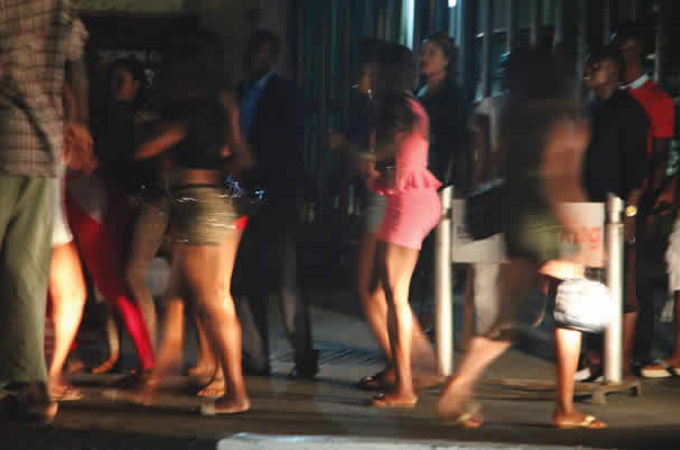President Bola Tinubu’s new tax reforms, set to take effect in January 2026, have stirred debate after his chief tax adviser, Taiwo Oyedele, stated that all Nigerians, including those engaged in prostitution, would be liable to pay tax.
Mr. Oyedele, who chairs the Presidential Committee on Fiscal Policies and Reforms, told members of the Redeemed Christian Church of God, City of David parish in Lagos, that under the new law, there are no distinctions between legitimate and illegitimate sources of income.
“If somebody is doing run girls, they go and look for men to sleep with; you know that’s a service,” he said. “They will pay tax on it. One thing about the tax law is it doesn’t separate whether what you’re doing is legitimate or not. It doesn’t even ask you. It just asks whether you have an income.”
The reforms, signed into law by Tinubu in June, expand Nigeria’s tax net to include not only traditional businesses but also freelancers, social media influencers, and remote workers earning in foreign currency. But the mention of prostitution has raised thorny legal and moral questions.
What the law says about prostitution
Prostitution remains illegal in Nigeria. Under the Criminal Code Act (Sections 223–225), prostitution and related activities are punishable offenses in southern states. Similarly, the Penal Code (Sections 275–281), which applies in northern Nigeria, criminalises prostitution and brothel-keeping.
This raises a contradiction: while tax authorities say sex workers must pay taxes on their income, criminal law prohibits the very act that generates it.
The enforcement dilemma
The government’s position is rooted in a principle of tax law: all income, regardless of source, is taxable. However, in practice, enforcing this provision is fraught with contradictions. If sex workers declare their earnings, they risk exposing themselves to prosecution under criminal law.
Can the state simultaneously demand taxes and criminalise the activity that produces taxable income? That tension remains unresolved.
What this means for sex workers
Sex workers may face what experts call “double jeopardy.” They could be compelled to pay taxes while remaining vulnerable to arrest and prosecution. It is unclear whether the Federal Inland Revenue Service (FIRS) would offer confidentiality protections to prevent such disclosures from leading to criminal charges.
Why the government is doing this
Nigeria’s tax-to-GDP ratio remains one of the lowest in Africa, hovering around 10%. The Tinubu administration has made revenue generation a top priority to stabilise an economy grappling with inflation, a weakened naira, and rising debt obligations. Expanding the tax net to cover previously untaxed sectors is seen as one way to boost government revenue.
Key questions going forward
- Is it practicable to tax an illegal activity? Tax authorities may face challenges enforcing compliance without clashing with existing criminal statutes.
- Will sex workers comply? Many may remain in the informal economy, avoiding both law enforcement and tax officers.
- Does this set a precedent? If all income is taxable regardless of legality, other criminal activities could, in theory, fall under the tax net, raising complex ethical and legal debates.
For now, the reforms leave more questions than answers. As January 2026 approaches, the government must decide whether to reconcile the contradiction between tax law and criminal law or risk creating a policy that is unworkable in practice.












